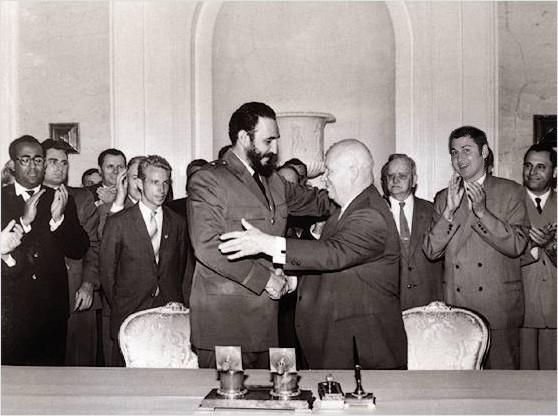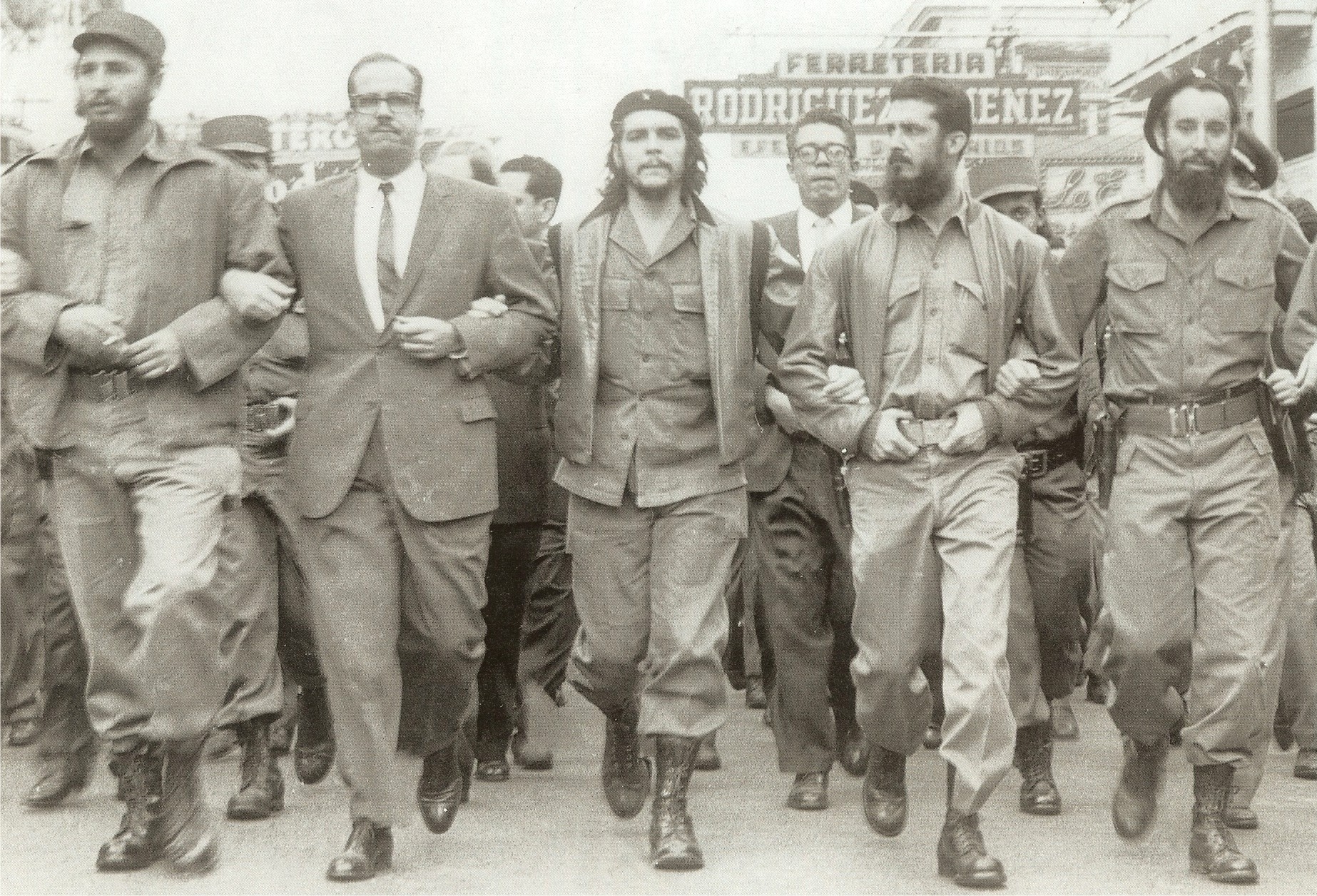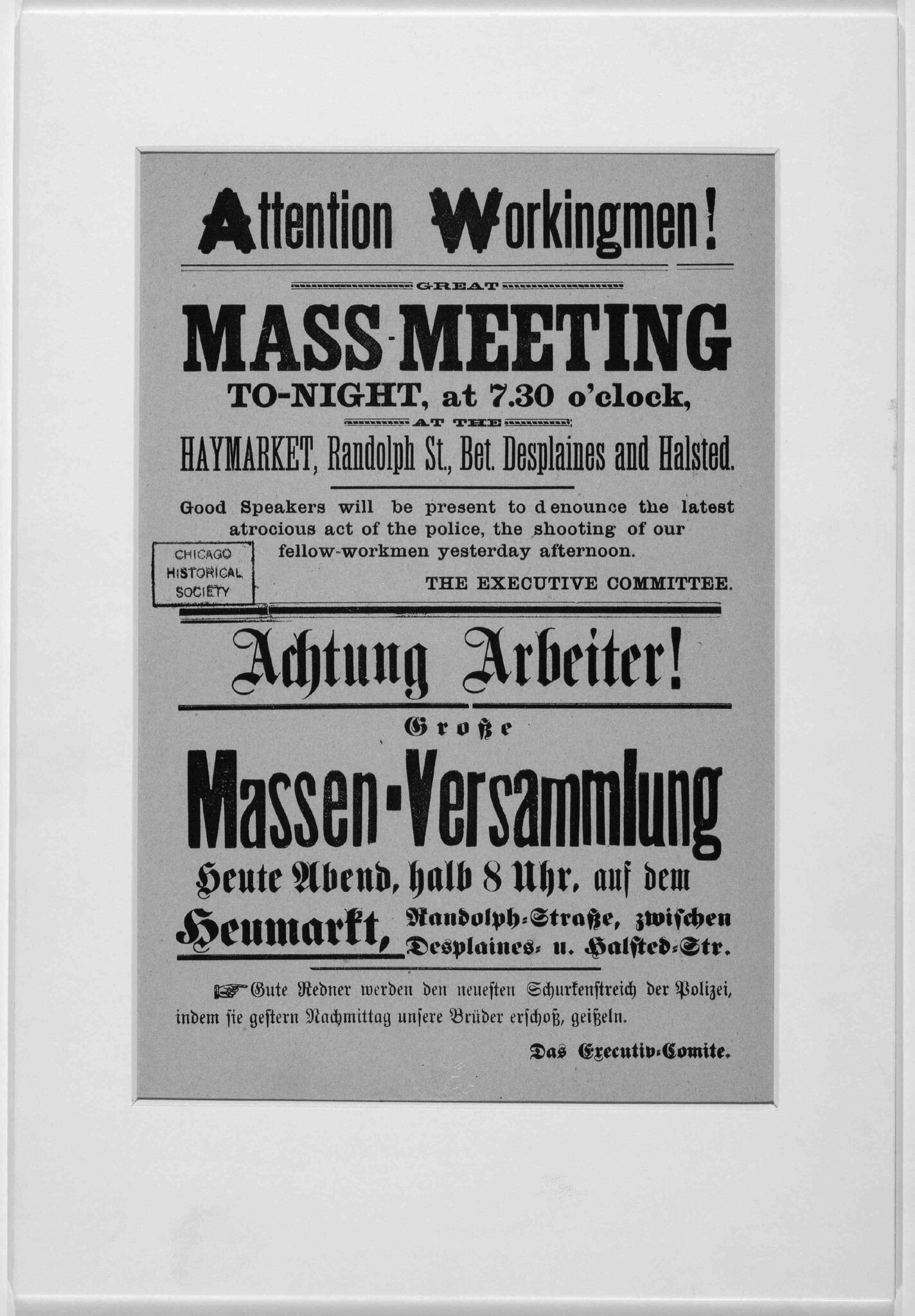
The Kennedy Assassination – In its exploration of the Kennedy Assassination, the acclaimed book Saving Jackie K delves into potential grievances held by various foreign leaders against JFK. Among these figures, considerable attention is directed towards Fidel Castro, Cuba’s entrenched dictator. Was Castro the architect behind Kennedy’s assassination?
Read More
